|
Providing women of reproductive age with access to quality care through various interventions reduces death rates for women and their children

Kurba Maternity before COMPASS intervention

Kurba Maternity after COMPASS intervention
|
Success Story
Saving the Lives of
Women and Children
June 2006 - Located 310 km from Bauchi and 35 km from Giade, Kurba and its surrounding villages have an estimated population of 25,000 who have always depended on Kurba Maternity for services. But three years ago, the roof of Kurba Maternity was blown off by a windstorm and its scanty equipment damaged beyond repair. Client flow for antenatal care dropped to a dismal low of fewer than 10 women per month in the makeshift shelter devised to receive clients. With services at the maternity center virtually at a standstill, women delivered at home with the help of relatives, friends, or traditional birth attendants. During emergencies and complications, they had no choice but to travel for hours by donkey on the rough dirt roads winding through millet fields and remote farms to the Giade Maternity Clinic, which is nearly 45 minutes away by car when a vehicle is available.
Like the maternity clinic in Kurba, many health facilities in the underserved Local Government Areas (LGAs) supported by the COMPASS project in Bauchi State suffer from lack of maintenance and water supply, and from sporadic electrical supply or no electricity at all. Frequently understaffed, the facilities receive infrequent skills updates for service providers. Without reliable refrigeration, antigens for routine immunization must be brought in just before use. Supplies of contraceptives (injectibles, pills, even condoms) are irregular, and clients frequently provide health care personnel with minimal advances to procure their contraceptive needs on the local market.
Responding to an appeal from the Kurba Community Coalition and its Quality Improvement Team, the USAID-funded COMPASS project worked with the community to renovate, equip, and sustain the derelict clinic. With help and investment from community members, who constructed outdoor latrines and contributed labor to renovations, Kurba is now a functioning health facility. Following an advocacy visit to the Local Government Authority, two additional service providers have been deployed to Kurba. All three staff have been able to benefit from COMPASS-sponsored training in current service delivery trends, including commodity logistics management systems and standards of practice.
“Our women and children will now be adequately taken care of; we have no need to fear. Thank you, COMPASS.” | Now that the clinic is able to offer Kurba and surrounding communities accessible and quality healthcare, it has boosted attendance by 7.84%. A baby is born every day in the Kurba Maternity, and every day one new client seeks assistance with the family planning method of her choice. The number of clients is increasing monthly.
After witnessing community members becoming actively involved in improving the health care in their villages, Local Government Secretary Alhaji Tanimu Saidu announced that the Council had increased allocations for health in the 2006 budget. In addition, community leader Alhaji Jauro Adamu proudly states: “Our women and children will now be adequately taken care of; we have no need to fear. Thank you, COMPASS.”
|
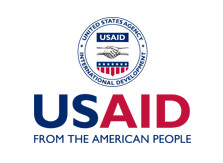
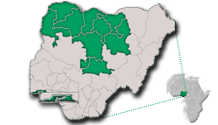
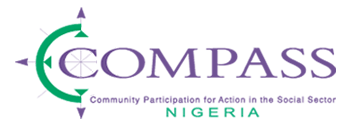
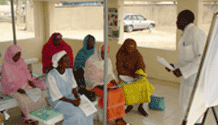
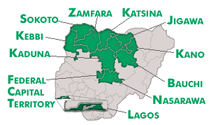

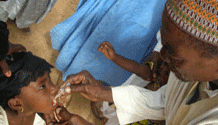
 EMAIL PAGE
EMAIL PAGE PRINT PAGE
PRINT PAGE REGISTER
REGISTER PROFILE
PROFILE


